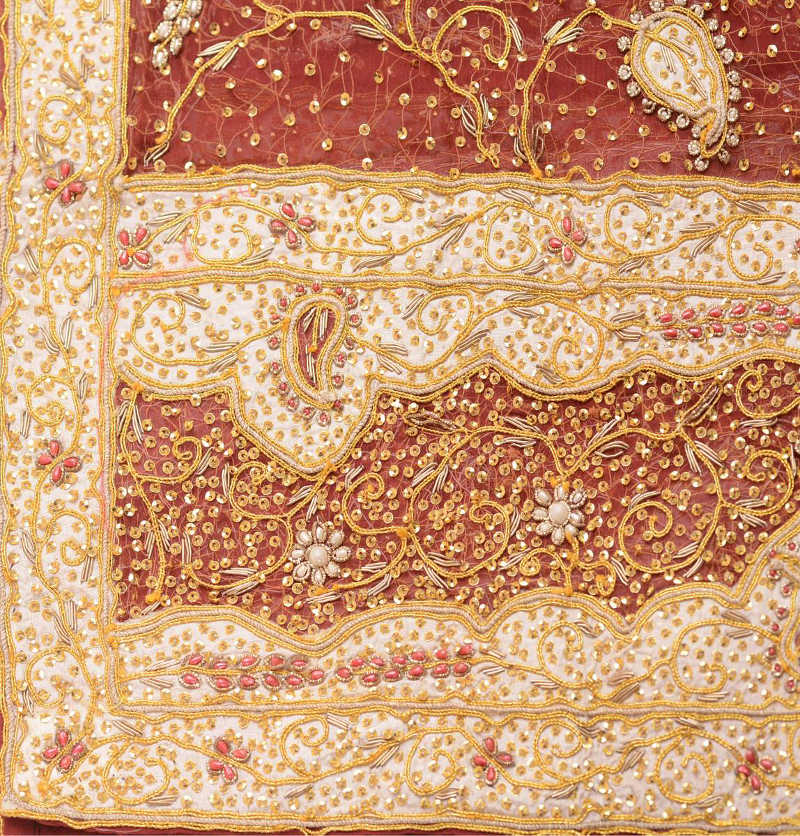===
0909,
1
===

=== |
 |
vaḥshī : 'Wild, untamed; shy; unsociable; —uncultivated; uncivilized, barbarous; savage; untractable; fierce, ferocious; brutish; cruel ; —s.m. A wild beast; a brute; a savage'. (Platts p.1183)
FWP:
SETS == DIALOGUE
MOTIFS
NAMES
TERMS == RHYMEThis is a formally unusual ghazal, in that it has only a rhyme, and no refrain. The omission of a refrain is quite permissible, but is not common, and Mir rarely does it.
The descriptive range of vaḥshī is another delight, since it covers all the ground (see the definition above) between behaving like a fearful wild creature ('untamed, shy, unsociable'), and behaving like a dangerous wild creature ('uncivilized, savage, fierce'); thus 'a wild thing' is the most versatile translation. Madness may make the lover behave like a wild thing; or else it may be simply his unkempt appearance that causes people to keep him at a prudent distance.
And as SRF notes, the verse paradoxically presents itself as an intimate reproach to someone for never inviting, or even permitting, any intimacy. So what indeed can be the situation in which the lover speaks, but only to reproach the beloved for never having spoken? We are left to decide for ourselves. The verse is utterly simple in its structure, yet brilliant in its suggestive power.